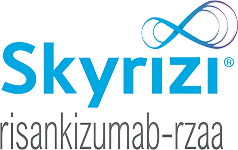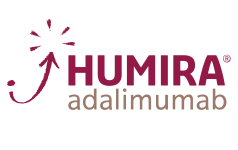US-MULT-250253
INDICATIONS & IMPORTANT SAFETY INFORMATION:
WARNING: Serious Infections, Mortality, Malignancies, Major Adverse Cardiovascular Events, and Thrombosis
IMPORTANT SAFETY INFORMATION & INDICATIONS1
INDICATIONS1
RINVOQ is indicated for the treatment of adults with:
- Moderately to severely active Crohn’s disease who have had an inadequate response or intolerance to one or more tumor necrosis factor (TNF) blockers.
- Moderately to severely active ulcerative colitis who have had an inadequate response or intolerance to one or more TNF blockers.
Limitations of Use: RINVOQ is not recommended for use in combination with other Janus kinase (JAK) inhibitors, biological therapies for Crohn’s disease or ulcerative colitis, or with potent immunosuppressants such as azathioprine and cyclosporine.
IMPORTANT SAFETY INFORMATION FOR RINVOQ/RINVOQ LQ (upadacitinib)
SERIOUS INFECTIONS
- Active tuberculosis (TB), which may present with pulmonary or extrapulmonary disease. Test patients for latent TB before RINVOQ use and during therapy. Consider treatment for latent TB infection prior to RINVOQ use.
- Invasive fungal infections, including cryptococcosis and pneumocystosis.
- Bacterial, viral, including herpes zoster, and other infections due to opportunistic pathogens.
MORTALITY
MALIGNANCIES
MAJOR ADVERSE CARDIOVASCULAR EVENTS (MACE)
THROMBOSIS
HYPERSENSITIVITY
GASTROINTESTINAL PERFORATIONS
LABORATORY ABNORMALITIES
EMBRYO-FETAL TOXICITY
VACCINATION
MEDICATION RESIDUE IN STOOL
LACTATION
HEPATIC IMPAIRMENT
ADVERSE REACTIONS
REFERENCE:
- RINVOQ [package insert]. North Chicago, IL: AbbVie Inc.



